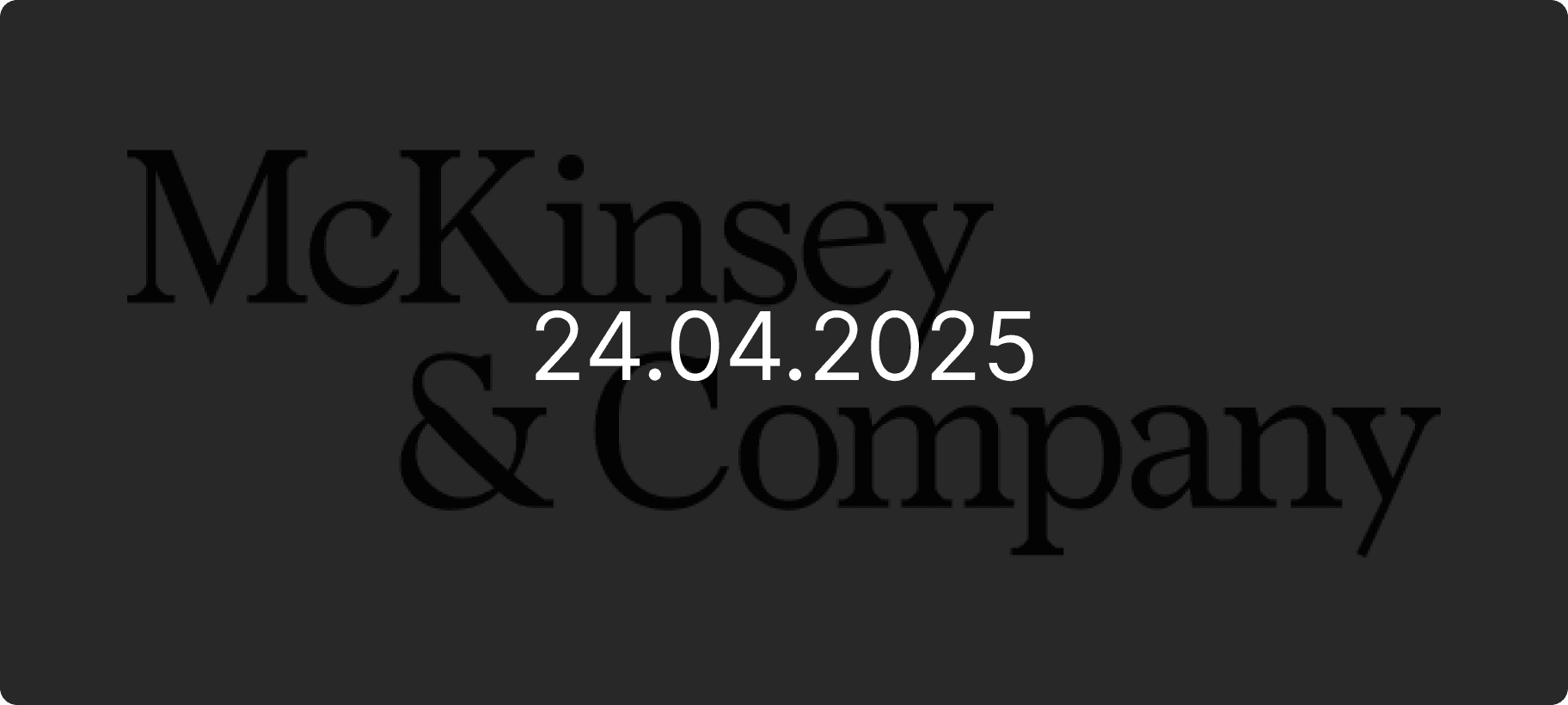The Weekly Adjerian Bulleting Ep.5

Green Consulting Is Booming. Here’s How Smaller Firms Can Lead the Charge
In 2025, sustainability strategy isn't just a buzzword, it’s a booming business model. With ESG (Environmental, Social, and Governance) expectations tightening globally, the demand for sustainability consulting has reached a new peak. The global ESG consulting market is projected to grow to over $82.8 billion by 2028, fueled by new regulatory mandates, shifting investor priorities, and growing stakeholder scrutiny.
At the forefront of this shift is McKinsey & Company, one of the most influential names in global strategy consulting. The firm has made bold moves over the last two years, significantly expanding its McKinsey Sustainability practice. Their goal? To help clients across industries achieve net-zero commitments, adopt circular economy principles, and create long-term ESG value. They’re building entire climate-tech platforms, partnering with VCs, and launching new climate-focused analytics tools for boardrooms.
This isn’t just a win for McKinsey. It’s a signal to the entire industry.
Sustainability consulting is no longer a niche, it’s central to the future of strategy.
What’s Happening and Why Smaller Firms Should Pay Attention
While firms like McKinsey are tackling massive decarbonization projects for global conglomerates, that doesn’t mean small and mid-sized firms are left out. In fact, many enterprises, especially in the mid-market, are overwhelmed by the scale and complexity of ESG transformation. They’re not looking for a 100-page strategy document. They want hands-on, customized help from firms they trust.
Smaller consultancies have a real advantage here. They’re agile, often industry-specific, and can build closer client relationships. What’s more, many clients are skeptical of “greenwashing”, making boutique firms a more credible, authentic partner when ESG gets personal.
Here’s how your firm can adapt and win.
Five Moves Smaller Consulting Firms Should Make Now
- Productize Your ESG OfferingsClients want clarity, speed, and outcomes. Instead of vague “sustainability strategy” services, create defined offerings: ESG diagnostic audits, emissions baseline calculation packages, ESG reporting frameworks for compliance, or “green transition roadmaps” for specific sectors like manufacturing or real estate. The key is packaging your expertise so clients understand what they’re buying, and what it delivers.
- Follow the Regulations CloselyNew frameworks like the EU’s Corporate Sustainability Reporting Directive (CSRD) and the SEC’s climate disclosure rule in the U.S. are reshaping reporting obligations. Many companies, even global ones, are unsure how to comply. If your firm can interpret these regulations and help clients act on them, you become indispensable. Don’t just know the rules, translate them into strategy.
- Get Serious About Data and TechnologyESG without data is just PR. Tools like carbon accounting software, life cycle analysis platforms, and ESG reporting dashboards are quickly becoming table stakes. You don’t need to build your own, but you do need to know how to use and recommend them. Start forming partnerships with ESG tech providers or train a team member to become your “ESG data lead.”
- Specialize Where the Big Firms Can’tGlobal firms tend to stay broad. You don’t have to. If your team has experience in logistics, retail, or local government, build sector-specific sustainability frameworks. For example, ESG for food and beverage is very different from ESG in heavy industry. Specialization lets you move faster, market smarter, and compete where the giants can’t.
- Help Clients Connect ESG to Value CreationA big mistake? Treating ESG like compliance instead of opportunity. Clients want to know: how does going green help us grow, cut costs, or attract better talent? The best ESG advisors today aren’t just checking boxes, they’re linking sustainability to performance. Help your clients see how climate action drives innovation, resilience, and brand strength.
The Big Picture
Sustainability consulting is evolving from a compliance checkbox to a core business enabler. The firms that win in this space will combine strategic insight, technical knowledge, and authentic client partnership.
Large consultancies like McKinsey are investing heavily in green consulting because the future of business is inseparable from sustainability. But their size is also their weakness, their approach can be slow, high-level, and expensive.
That’s where you come in.
As a smaller or mid-sized consultancy, you can build faster, go deeper, and serve clients with real proximity. You can carve out a niche, partner with ESG tech providers, and show clients how sustainability moves the needle in ways their CFO will care about.
Ask yourself:
- What sustainability services do we already offer, and how could we reframe or expand them?
- Are we treating ESG as a bolt-on or building it into every client engagement?
- Could we position ourselves as the go-to partner for ESG in a specific region, sector, or reporting framework?
The race isn’t about who’s the biggest, it’s about who’s best at helping clients adapt, comply, and grow sustainably.
Looking to future-proof your consulting firm as demand for ESG advisory services grows?
Adjera helps smaller teams streamline delivery, manage complex projects, and stay focused on what matters, whether you're building a new sustainability offering or just keeping up with rising client expectations. Deliver faster, stay organized, and scale without the overhead.
Book a call today or request access if you want to learn more about how we might be able to help your team. The first consultation is absolutely FREE of charge, and is only meant to help you shed light on where your firm could improve.